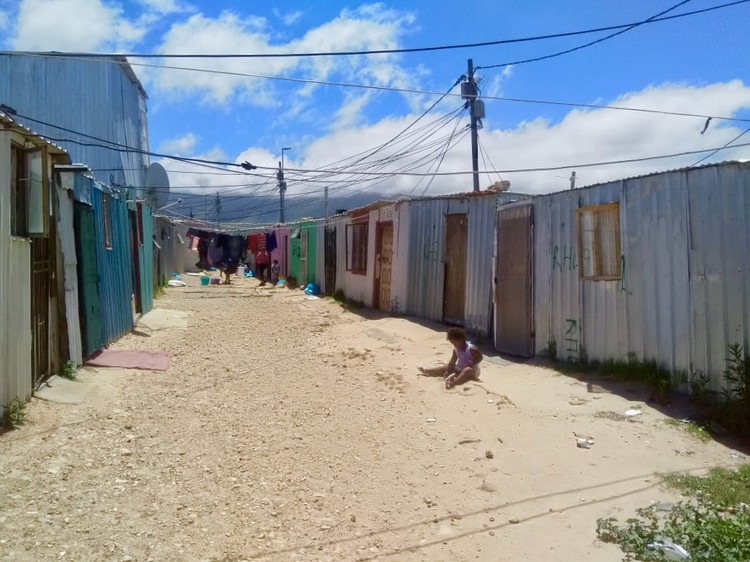Four years after Masiphumele fire, survivors still live in temporary one-room shacks
About 40 families say they need to be relocated
About 40 families, living in what they thought would be a temporary relocation area after a devastating fire hit Masiphumelele wetlands informal settlement, say they want to be moved to a better place.
In November 2015, over 1,000 homes were destroyed leaving 4,000 people displaced. Some of the survivors spent months living at a community hall before they were moved in early 2016 to one-roomed, fire starter kit homes next to the Phase Four housing development.
Lithemba Ntshunguzi, who lives with her husband and two children in a one-room structure, said: “This place is not safe. The houses are too small to accommodate our families and they are close together with barely any space in between should there be a fire.”
Those who can afford it have built second storeys to accommodate their families in what is now called RF informal settlement.
Nosiphelele Mvalo said, “We saw that the [temporary] houses were small, but we were desperate and needed to move out of the community hall because that is where we spent our 2015 Christmas with our families.”
Mvalo said they have tried to engage with the City, but have received nothing tangible.
“We are not getting answers as to when we will be moved … It has been four years and it is not like we are new in Masiphumelele. We have been here for years, but there is no mention of us anywhere,” said Mvalo.
The City of Cape Town says no promises were made four years ago. Mayco Member for Human Settlements Malusi Booi said that after the fire the City had cleaned up the affected area and all families were meant to move back to where they had been originally.
“However, some people rebuilt structures larger than what they originally occupied, which resulted in the surplus families remaining in the community hall.”
“Alternate, open spaces were then identified next to the new housing project to accommodate the families who were in the community hall. The identified spaces were fenced off and a hardened gravel platform was constructed and water and sanitation services were installed. These [community hall] families were relocated to these spaces from 30 January 2016,” said Booi.
Next: Asylum seeker appeals hospital decision to stop dialysis
Previous: Eastern Cape fishers welcome issuing of fishing rights
© 2019 GroundUp.
This article is licensed under a Creative Commons Attribution-NoDerivatives 4.0 International License.
You may republish this article, so long as you credit the authors and GroundUp, and do not change the text. Please include a link back to the original article.



